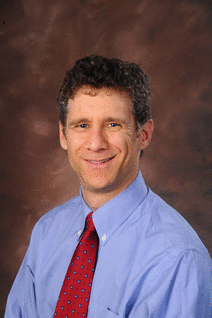
Doing research is hard. Getting statistically significant results is hard. Making sure the results you obtain reflect reality is even harder. In this week’s Science, Eric Loken at the University of Connecticut and Andrew Gelman at Columbia University debunk some common myths about the use of statistics in research — and argue that, in many cases, the use of traditional statistics does more harm than good in human sciences research.
Retraction Watch: Your article focuses on the “noise” that’s present in research studies. What is “noise” and how is it created during an experiment?
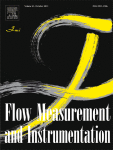 Yesterday we reported that
Yesterday we reported that 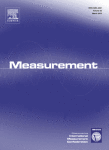 A computer scientist in Malaysia has lost two papers for faked peer reviews, and another for duplication. A fourth paper on which he is a co-author appears to have simply disappeared.
A computer scientist in Malaysia has lost two papers for faked peer reviews, and another for duplication. A fourth paper on which he is a co-author appears to have simply disappeared. A study
A study 

 Please join us in welcoming our newest staff writer, Victoria Stern, to the Retraction Watch team.
Please join us in welcoming our newest staff writer, Victoria Stern, to the Retraction Watch team.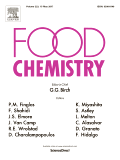 Journals have retracted two papers after they were flagged by a pseudonymous blogger, who suspected all had copied text from other sources.
Journals have retracted two papers after they were flagged by a pseudonymous blogger, who suspected all had copied text from other sources.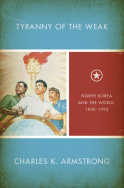 The author of a high-profile book about the history of North Korea is issuing 52 corrections to the next edition, scheduled to appear this spring. The changes
The author of a high-profile book about the history of North Korea is issuing 52 corrections to the next edition, scheduled to appear this spring. The changes 